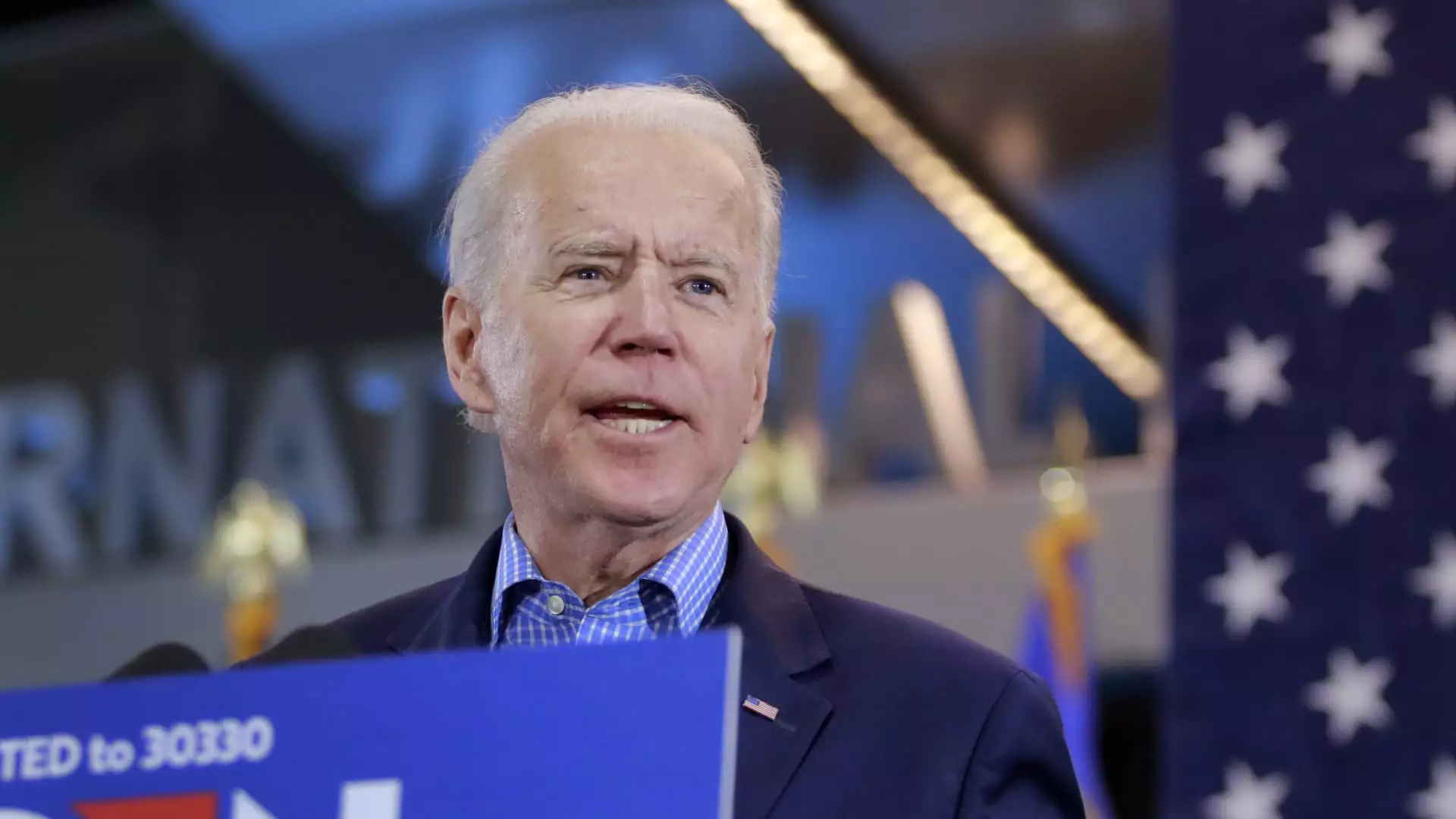President Joe Biden’s upcoming visit to Nevada serves as a strategic move to address the issue of rising rents fueled by corporate landlords. The White House has accused these entities of artificially inflating rental rates, contributing to the overall challenge of high living costs even as inflation shows signs of improvement. This anti-‘rent gouging’ stance is a key component of Biden’s broader campaign strategy to deflect responsibility for economic hardships onto powerful corporations with substantial pricing influence.
Despite growing optimism about the economy, housing costs remain a significant concern for many Americans. The latest consumer price index attributes February’s 0.4% rise in consumer prices primarily to energy and shelter expenses. Notably, housing costs ranked as the second most critical economic issue in a recent survey, trailing only behind inflation as a whole. This trend underscores the urgency of addressing housing affordability, making it a focal point in Biden’s push against corporate pricing practices.
During his visit to Nevada, President Biden will emphasize the housing-related provisions outlined in his 2025 budget proposal, highlighting the need to combat “rent gouging” by corporate landlords. He is set to urge Congress to pass legislation aimed at lowering housing expenses and alleviating financial burdens on families. This proactive stance aligns with Biden’s reputation for confronting vested interests to champion consumer welfare, as underscored by a senior administration official ahead of the trip.
Recent developments, such as the $418 million settlement by the National Association of Realtors to settle antitrust claims from home sellers, underscore the growing scrutiny on industry practices. This move, seen as a step towards enhancing competition in the housing market, has garnered support from key officials like National Economic Council Director Lael Brainard. The administration’s stringent approach towards challenging monopolistic behavior further emphasizes Biden’s commitment to fostering fair competition and market integrity.
President Biden’s broader anti-monopoly campaign extends beyond the housing sector, encompassing various industries where oligopolistic practices stifle competition and harm consumers. By targeting large corporations and conglomerates, Biden seeks to restore a fair and competitive marketplace free from anticompetitive behaviors. This overarching goal forms a central pillar of Biden’s economic vision, aimed at demonstrating his resolve to hold corporate entities accountable for exacerbating financial challenges faced by the average American.
Recent polling data reflecting a growing attribution of blame towards large corporations for driving inflation highlights the effectiveness of Biden’s messaging on addressing economic concerns. The uptick in respondents citing corporate exploitation as a contributing factor to price hikes underscores a shift in public sentiment, signaling potential support for Biden’s anti-monopoly initiatives. These evolving perceptions could have significant implications for policy decisions and regulatory actions under the Biden administration.
President Biden’s focus on combating rent gouging by corporate landlords and challenging monopolistic practices reflects a broader commitment to enhancing market competitiveness and safeguarding consumer interests. The upcoming visit to Nevada signifies a crucial opportunity for Biden to reinforce his housing agenda and rally support for legislative measures aimed at curbing housing costs. As public sentiment aligns with concerns over corporate influence on inflation and living expenses, Biden’s anti-monopoly campaign gains momentum in shaping economic policy and fostering a more equitable marketplace.


Leave a Reply